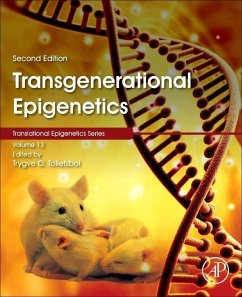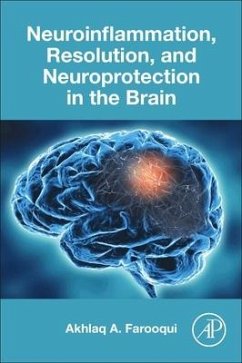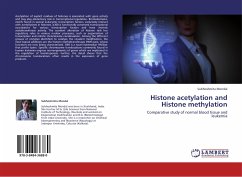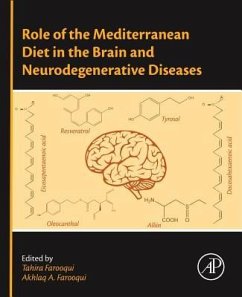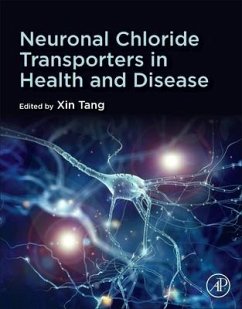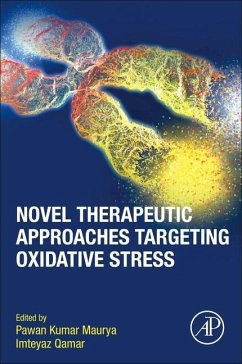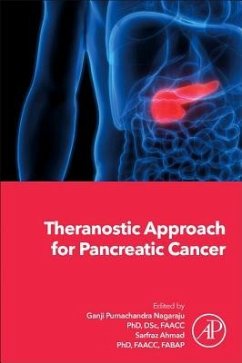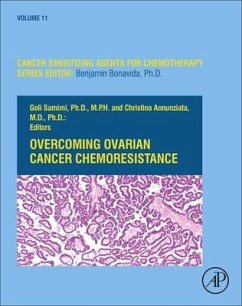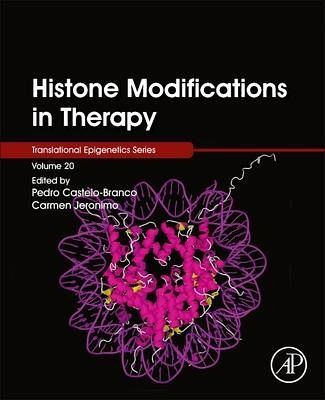
Histone Modifications in Therapy
Volume 20
Herausgegeben: Castelo-Branco, Pedro; Jeronimo, Carmen

PAYBACK Punkte
62 °P sammeln!
Histone Modifications in Therapy provides an in-depth analysis of the role of histone mechanisms in major diseases and the promise of targeting histone modifications for disease prevention and treatment. Here, researchers, clinicians and students will discover a thorough, evidence-based discussion of the biology of histones, the diseases engaged by aberrant histone modifications, and pathways with therapeutic potential. Expert chapter addresses the role of histone modifications across a variety of disorders, including cancer, neuropsychiatric, neurodegenerative, cardiac, metabolic, infectious,...
Histone Modifications in Therapy provides an in-depth analysis of the role of histone mechanisms in major diseases and the promise of targeting histone modifications for disease prevention and treatment. Here, researchers, clinicians and students will discover a thorough, evidence-based discussion of the biology of histones, the diseases engaged by aberrant histone modifications, and pathways with therapeutic potential. Expert chapter addresses the role of histone modifications across a variety of disorders, including cancer, neuropsychiatric, neurodegenerative, cardiac, metabolic, infectious, bacterial, autoimmune and inflammatory disorders, among others. In relation to these disease types, histone modifications are discussed, both as mechanisms of prevention and possible treatment.
A concluding chapter brings together future perspectives for targeting histone modifications in therapy and next steps in research.
A concluding chapter brings together future perspectives for targeting histone modifications in therapy and next steps in research.




